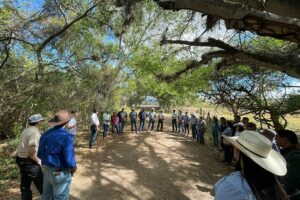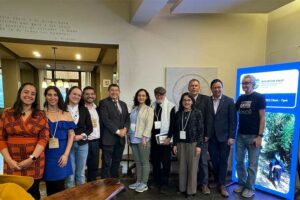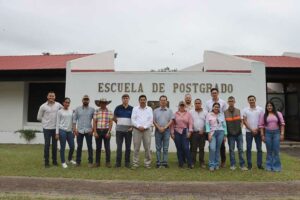Agro-forestry and regenerative agriculture in coffee-growing areas with climate change
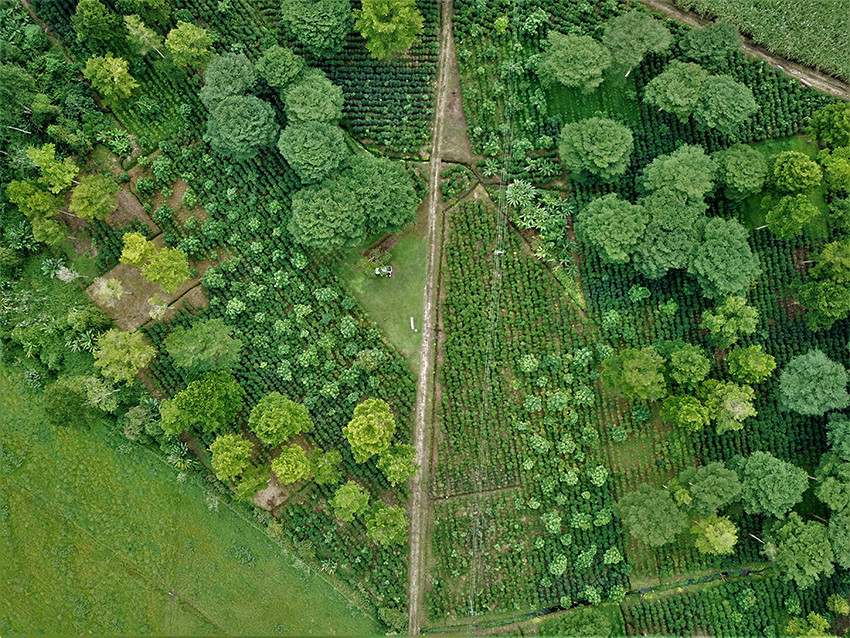
- This was the theme presented by CATIE at the Global Conference on Sustainable Plant Production.
November 4, 2022. The Food and Agriculture Organization of the United Nations (FAO) held the Global Conference on Sustainable Plant Production (GPC) from November 2 to 4, under the hybrid format, in which CATIE (Tropical Agricultural Research and Higher Education Center) participated by presenting a talk entitled Agro-forestry and regenerative agriculture in coffee-growing areas with climate change.
The Center's researcher, Elías De Melo, gave the virtual talk. In it he showed the approaches of the collaborative work being done by CATIE around a network of long-term coffee trials and interactions with public policies and capacity building at regional and international level.
"In the early 2000s, CATIE initiated a network of long-term coffee trials to study multiple interactions. This work has been carried out in a network with universities and institutions around the world, under the support of the largest agro-forestry scientific platform in Latin America (Agroforesta), coordinated jointly with the Center for International Cooperation in Agricultural Research for Development (CIRAD) of France," said De Melo.
During the talk, De Melo explained that the interdisciplinary studies carried out in these trials have continuously allowed the development of a mega database on the physical, biological and chemical interactions of the soil, the biodiversity of fauna and flora, pest-disease complexes and natural controllers, productivity and quality in coffee production, tree development and interactions with light, nutrient cycling, carbon dynamics in the systems, as well as climatic and microclimatic information related to 20 different production systems (18 in agro-forestry systems and two in full sun).
"In summary, the results confirm that full-sun production systems, especially those based on intensive and moderate chemical management, do not allow for regenerative agriculture of soil living conditions, biodiversity connectivity, microclimate regulation and links to the pest and disease complex and, above all, the potential for high carbon sequestration and reduction of carbon emissions," said De Melo.
In addition, the CATIE researcher pointed out that key processes have been identified that allow the use of appropriate associations of service trees (Erythrinas) with timber trees in combination with improved coffee varieties, achieving high levels of productivity, diversification and, at the same time, multiple ecosystem services. Moderate conventional and organic management practices have also been identified that contribute to the adaptation and mitigation of the coffee sector to climate change.
"The practices were validated in a wide network of farms in several countries, and in Costa Rica the lessons learned have been inputs for the design and implementation of the first NAMA (National Appropriate Mitigation Actions) in the world: the NAMA-Café Costa Rica; today a reference model for several countries," said De Melo.
The GPC provided a neutral forum for FAO members, farmers, scientists, development agencies, policy makers, extension agents, civil society, opinion leaders and the private sector to engage in dialogues on innovation that creates efficient plant production systems with resilience to biotic and abiotic stresses, climate change, natural hazards and geopolitical shocks.
This is in the context of the need for the agriculture of the future to produce more food with a smaller environmental footprint and to contribute to making local and diversified agri-food systems more resilient to shocks and disturbances.
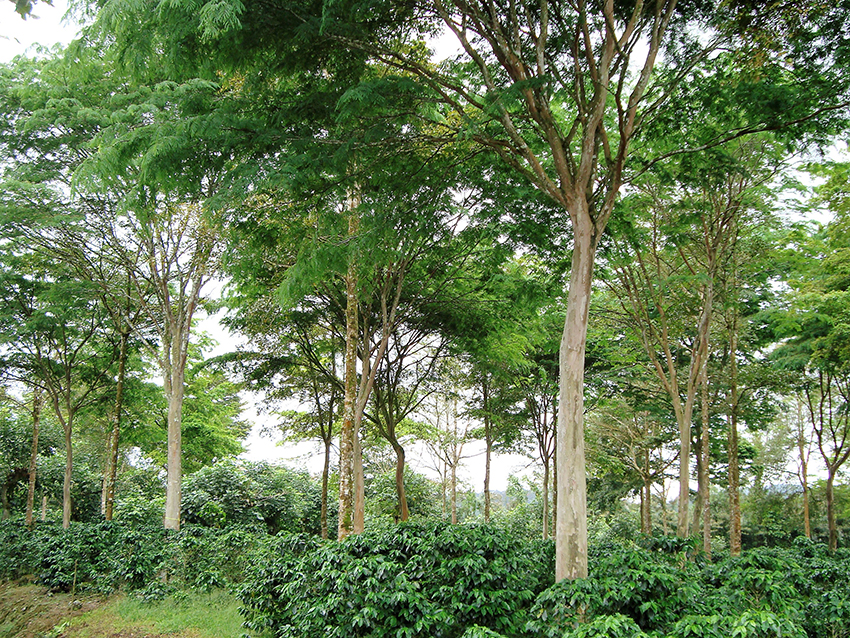
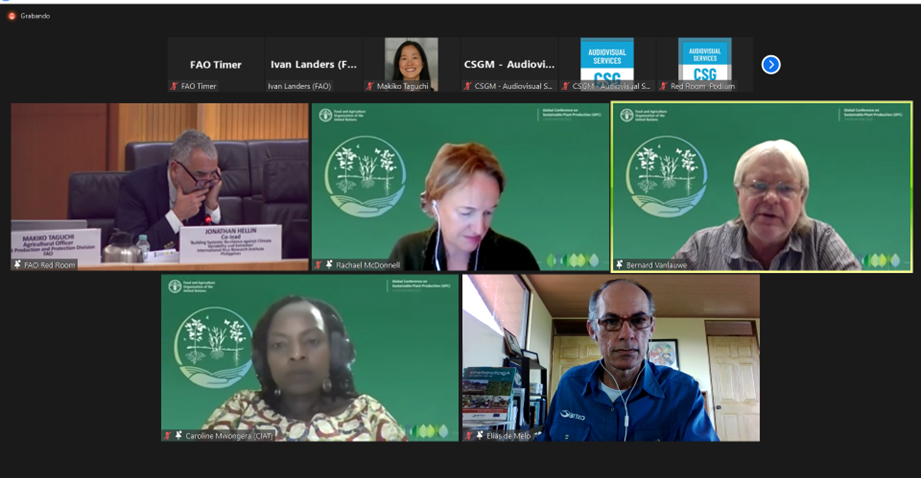
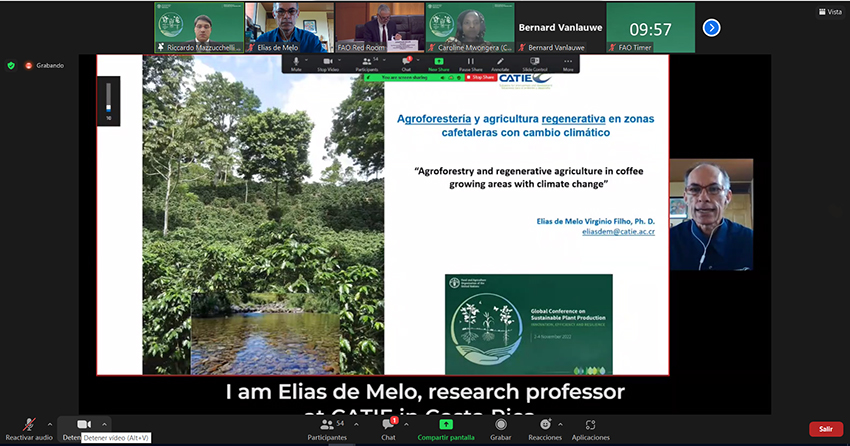
More information:
Elías De Melo
Researcher
Agroforestry and Coffee and Cocoa Genetic Improvement Unit
eliasdem@catie.ac.cr
Written by:
Karla Salazar Leiva
Communications Officer
Information Technology and Communication
CATIE
karla.salazar@catie.ac.cr

